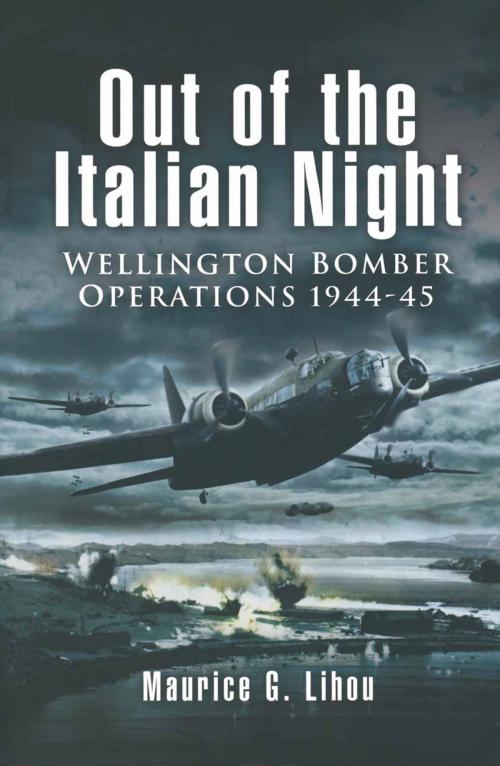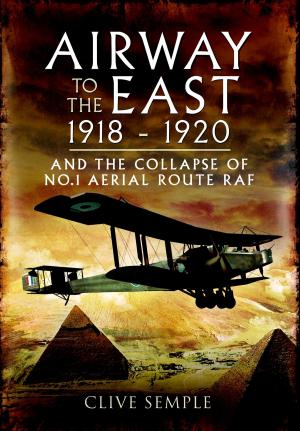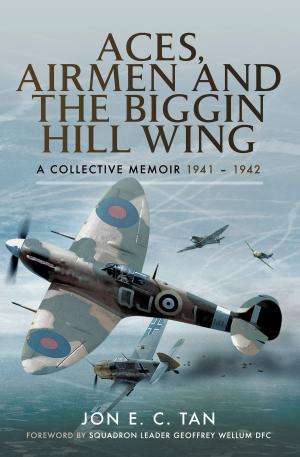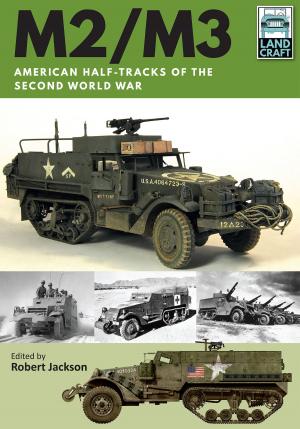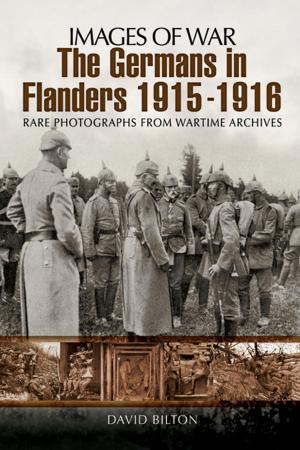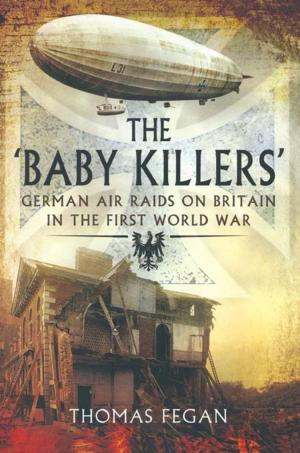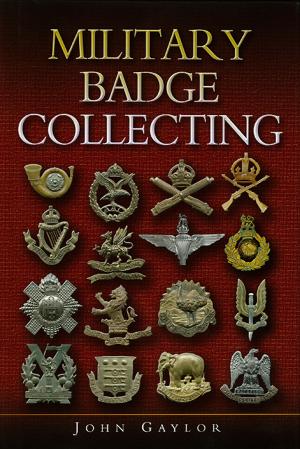Out of the Italian Night
Wellington Bomber Operations 1944-45
Nonfiction, History, Modern, Biography & Memoir| Author: | Maurice G. Lihou | ISBN: | 9781473817012 |
| Publisher: | Pen and Sword | Publication: | November 30, 2007 |
| Imprint: | Pen and Sword Aviation | Language: | English |
| Author: | Maurice G. Lihou |
| ISBN: | 9781473817012 |
| Publisher: | Pen and Sword |
| Publication: | November 30, 2007 |
| Imprint: | Pen and Sword Aviation |
| Language: | English |
During 1944 and 1945 the squadrons of 205 Group were launching air attacks from bases in Italy. In many ways their efforts were the same as those of aircrew attached to Bomber Command in Britain, yet conditions for the men were very different. The men fought their war as much against the weather, as against the enemy. The Wimpy, as the Wellington was affectionately known, had been operational when war was declared and five years on their young crews were still taking them into battle. Maurice Lihou joined the RAF in 1939, just before the outbreak of war. He trained as a wireless operator to become aircrew, but found himself working in ground stations. He decided to re-muster as a pilot and completed his training in Canada where he was awarded his wings. He soon became captain of an aircraft and ferried a Wellington to North Africa. He was then posted to Italy and joined No 37 Squadron, becoming involved in various operations to harass the retreating German army.
During 1944 and 1945 the squadrons of 205 Group were launching air attacks from bases in Italy. In many ways their efforts were the same as those of aircrew attached to Bomber Command in Britain, yet conditions for the men were very different. The men fought their war as much against the weather, as against the enemy. The Wimpy, as the Wellington was affectionately known, had been operational when war was declared and five years on their young crews were still taking them into battle. Maurice Lihou joined the RAF in 1939, just before the outbreak of war. He trained as a wireless operator to become aircrew, but found himself working in ground stations. He decided to re-muster as a pilot and completed his training in Canada where he was awarded his wings. He soon became captain of an aircraft and ferried a Wellington to North Africa. He was then posted to Italy and joined No 37 Squadron, becoming involved in various operations to harass the retreating German army.
